Nature reports
Category: Other
Page 3 of 9 - 86 Results
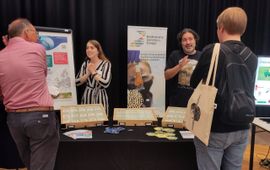
The partnership ARISE wants to map all Dutch biodiversity. Therefore, they called on the help of experts with their own collection from Dutch nature. With success! The bardcoding NL day was the start to expand the national DNA..
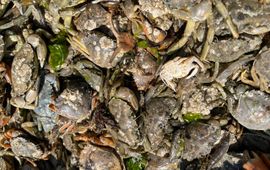
A herring in the North Sea, a crab in the Wadden Sea or an anemone fish on a coral reef, ... biologists like to think in terms of individual species that all have their own place within food webs in ecosystems across the world...
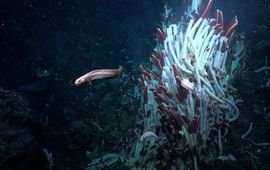
A new ecosystem has been discovered in volcanic caves beneath hydrothermal vents at a well-studied undersea volcano at 2.500 metres below sea level. Using an underwater robot, scientists overturned chunks of volcanic crust,..
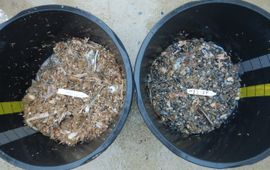
The Netherlands extracts a lot of sand from the North Sea for all kinds of purposes. However, more and more sand has to be extracted, which means that sand extraction pits have to be dug ever deeper. Previously up to about two..
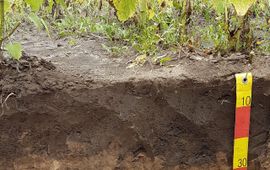
Microbes can eat 'junk food' and grow fat, just like humans. New research led by NIOO's Kyle Mason Jones suggests this even happens when you might not expect it. "Soil micro-organisms apparently use resources in a much more..
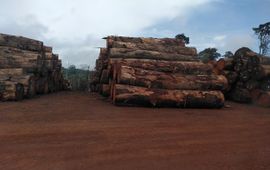
The chemical composition of tropical timber, for example, used for bridges or in window frames, reveals where the trees were growing. This can help to trace timber origin and to reduce illegal trade. This is the main finding of..
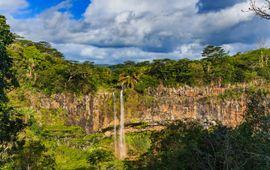
Many native animals that disperse plant seeds on the island of Mauritius have gone extinct during the past centuries. This includes iconic species such as the dodo and giant tortoises, now replaced by non-native fruit-eating..
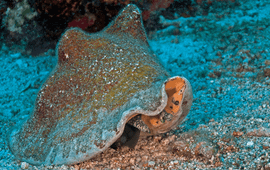
The Caribbean Netherlands Science Institute, partnering with the Queen Conch Lab at the Florida Atlantic University is exploring the impacts of shifting seagrass species composition on local conch populations. Queen conch depends..
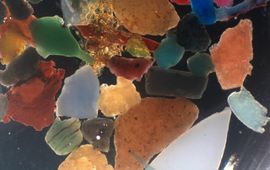
The bacterium Rhodococcus ruber eats and actually digests plastic. This has been shown in laboratory experiments by PhD student Maaike Goudriaan at Royal Netherlands Institute for Sea Research (NIOZ). Based on a model study with..
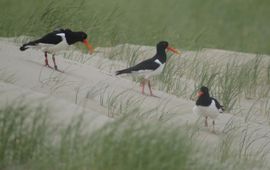
Tens of thousands of animals around the world are monitored using GPS trackers to protect wildlife and study animal behaviour. The collected data are also useful for biodiversity research, but are seldom available on platforms..
